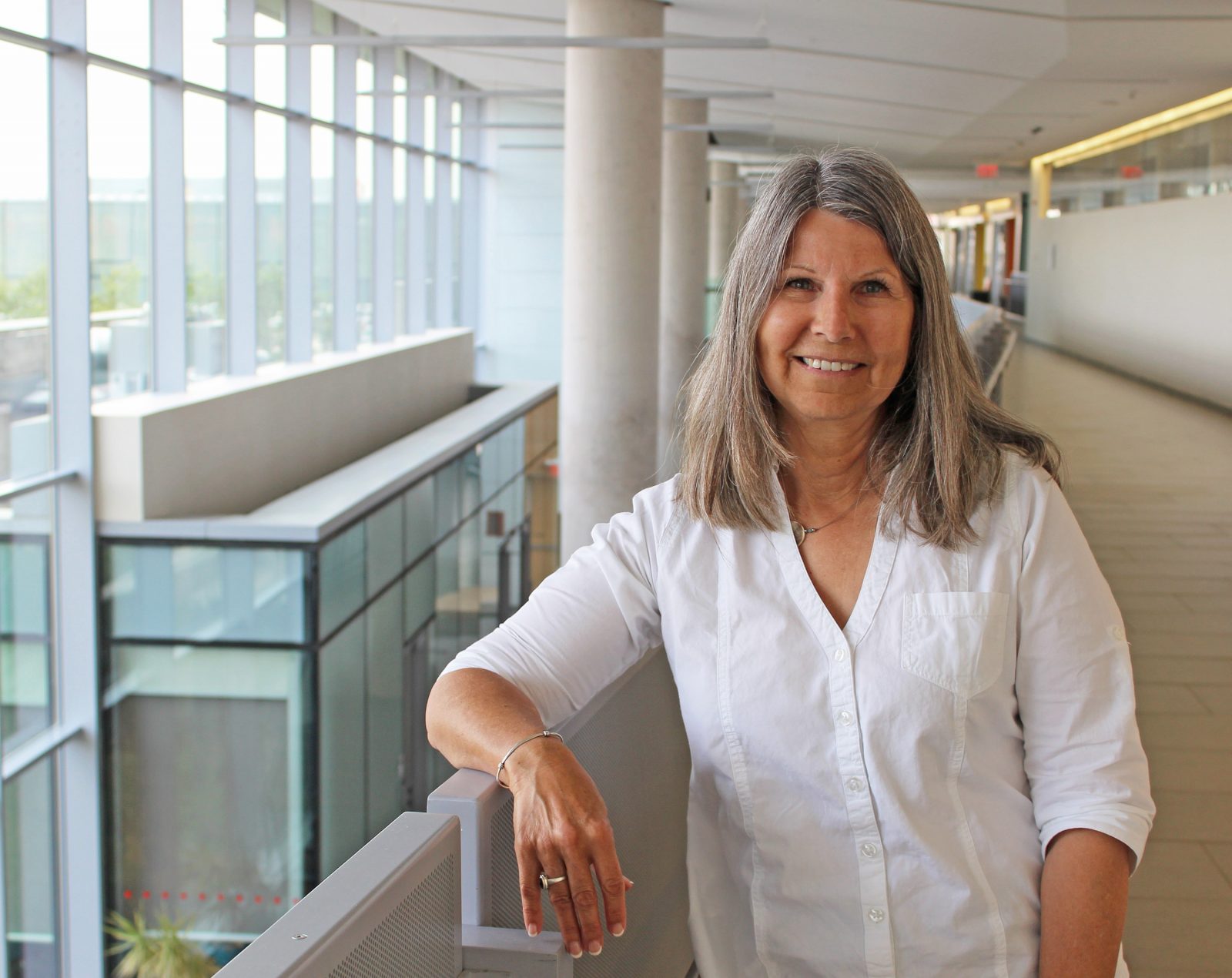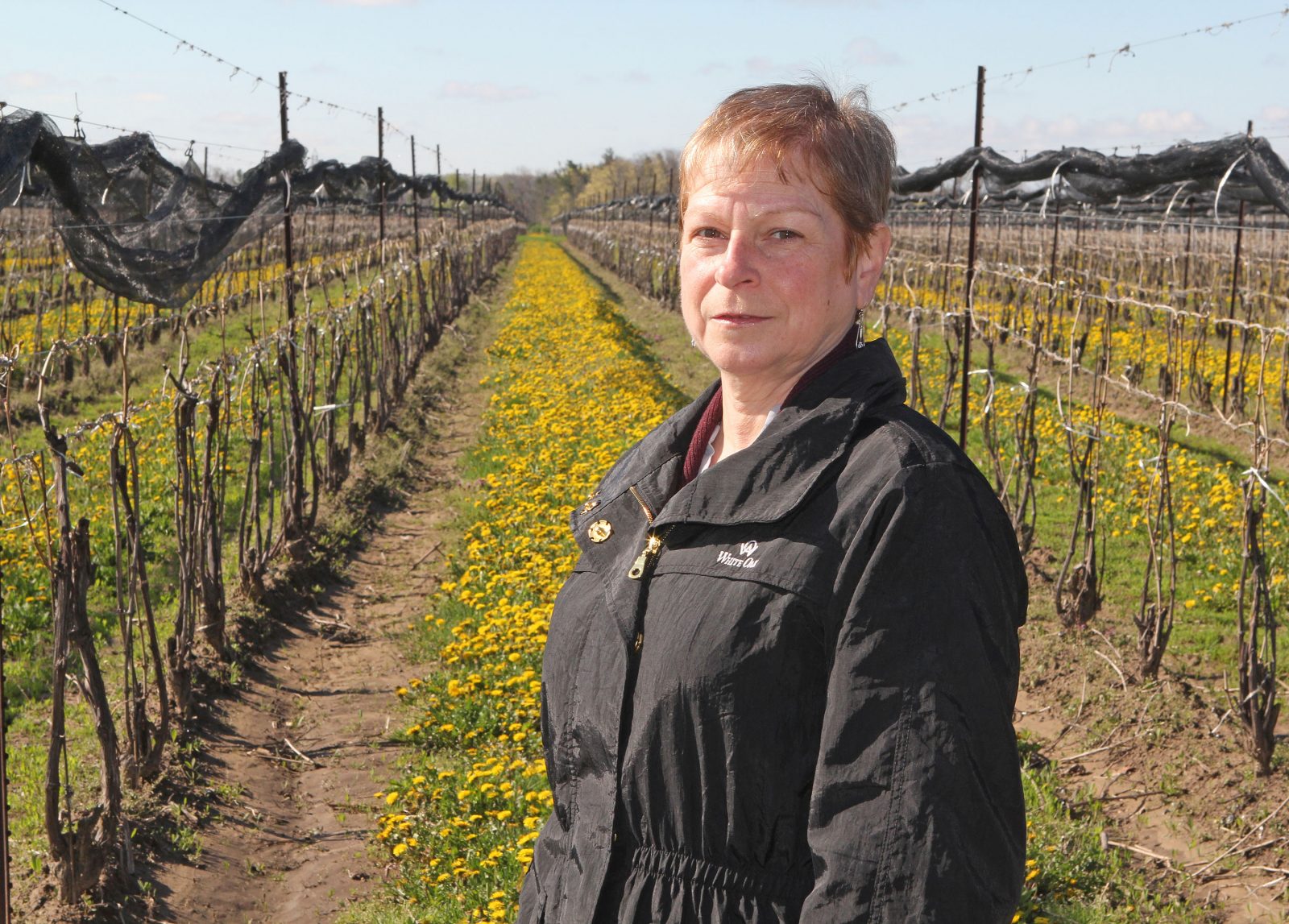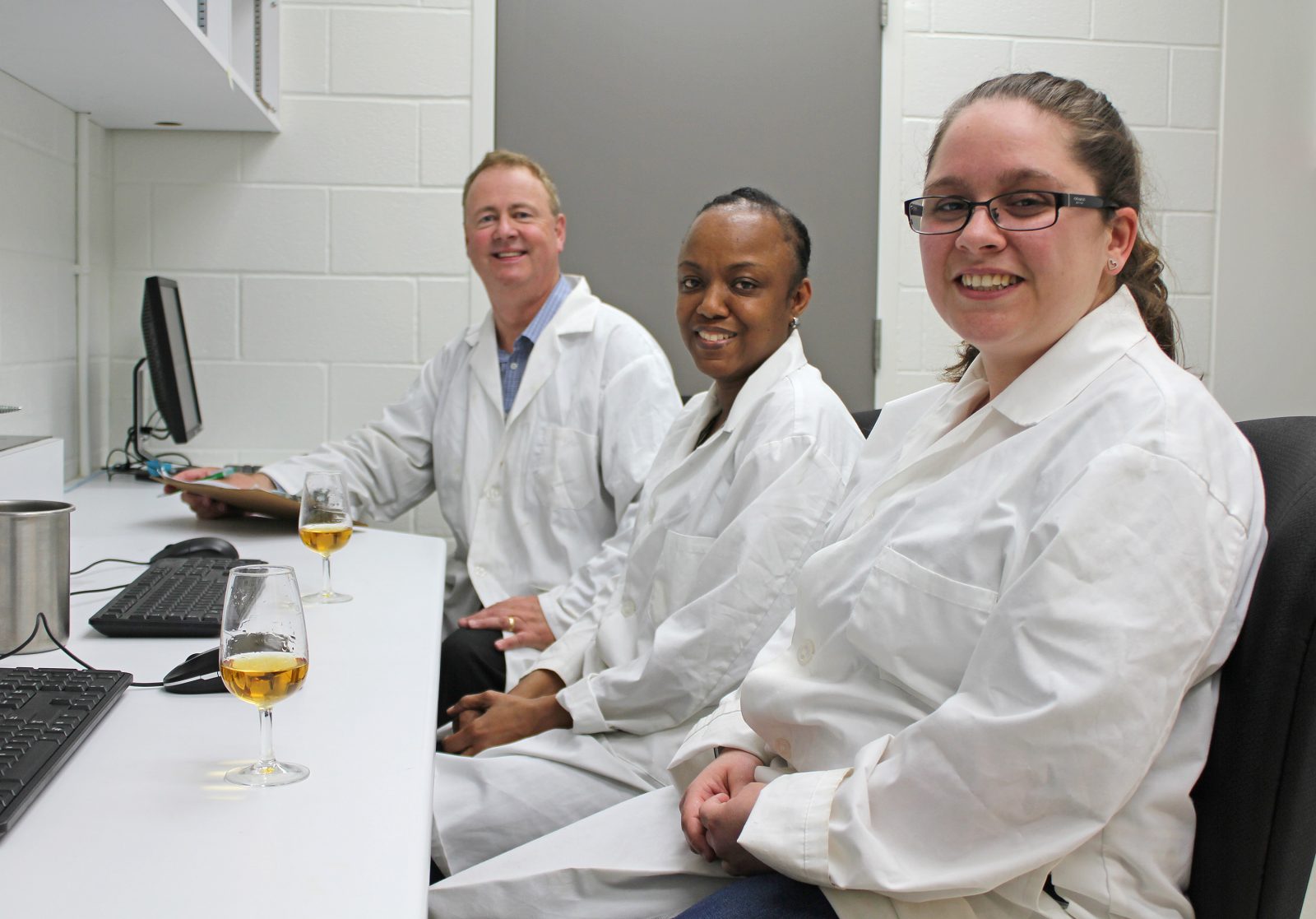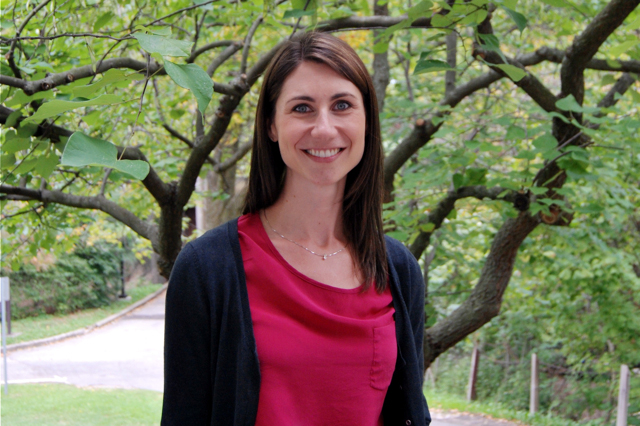
Pictured from left to right: Amanda Palumbo, Rebecca White, Kelly Gibson, Katie Perrin, Natalie Gillis, Kelsey Scarfone. Absent from the photo: Katrina Kreivins and Brittany Friesman.
On Monday, June 5, 2017, the Sustainability Science and Society (SSAS) graduate program celebrated the graduation of eight students.
The Environmental Sustainability Research Centre (ESRC) would like to extend congratulations to our newest Master of Sustainability graduates. The 2017 graduating class included: Brittany Friesman, Kelly Gibson, Natalie Gillis, Katrina Kreivins, Amanda Palumbo, Katie Perrin, Kelsey Scarfone, and Rebecca White.
The ESRC would also like to congratulate Katrina Krievins, who was named the 2017 recipient of the Distinguished Graduate Student Award – Sustainability Science and Society for achieving the highest overall average in the program.
“Graduating is the culmination of years of hard work and acknowledges that these students have successfully fulfilled the expectations associated with conferring the degree Master of Sustainability,” says Ryan Plummer, Director of the ESRC and Graduate Program Director of SSAS.
“This is an important achievement and I very proud of each of them. I am confident these vibrant individuals will go forward to positively influence our society and the relationship with the environment.”
We wish you all the best in your future endeavours!











